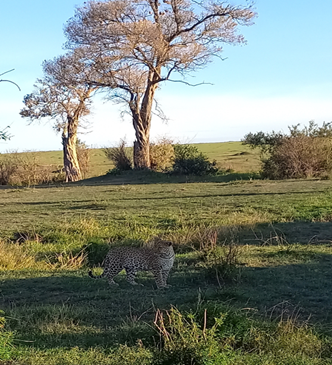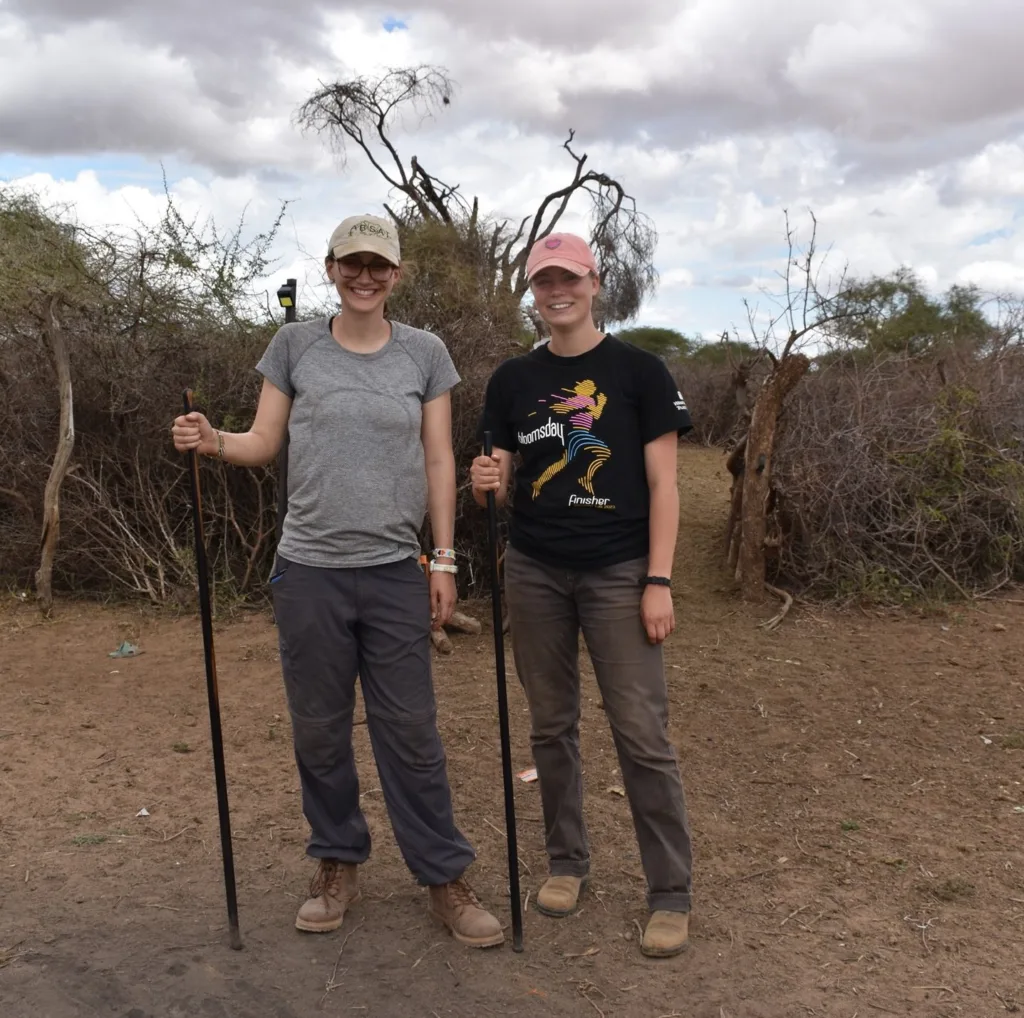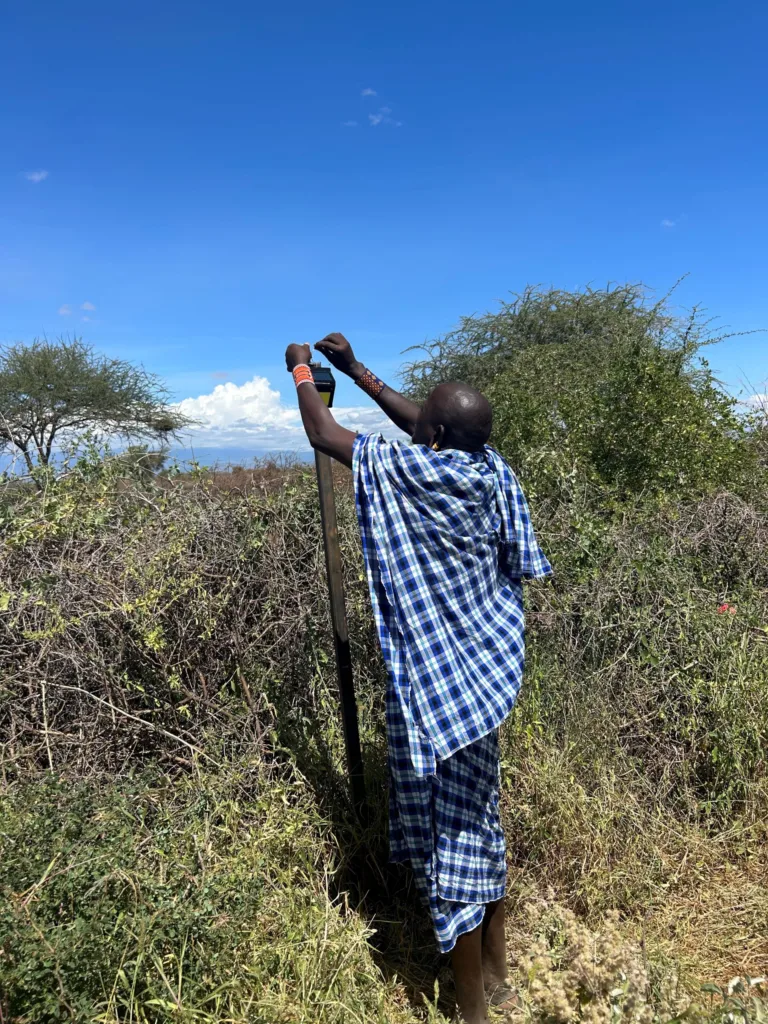The Value of Working Together: Final Reflections on Panama
Working as Resident Lecturer at the SFS Center for Tropical Island Biodiversity Studies (TIBS), in Panama, I have learned a huge amount: not only about the archipelago itself, but also the value of working together to create understanding of this fascinating, yet socially and environmentally fragile, context. Now that I will be moving on from SFS, to take forward my learning in a new position back in my home country of the United Kingdom, it feels appropriate to reflect on the process of communal knowledge creation, and as such pay a sincere thanks to all those involved. Naturally this gratitude extends to my colleagues and local contacts. However, the primary intention of this blog is to illustrate the ways in which students have played a fundamental part in my work to create new knowledge about sustainable development on the archipelago.

Talk on “Local Life and Livelihoods,” Fall 2015
One of the primary aims of SFS is to promote ‘place-based learning’ (See: Gruenewald and Smith, 2014) that is at the same time valuable in other contexts, and will ideally serve students throughout the rest of their lives. In this way, our teaching mirrors the fundamental aspirations of science. Firstly, to use rigorous and in-depth empirical research, conducted in specific areas, and secondly, to build wider knowledge applicable to understanding the world elsewhere. In this way, the production, application and modification of ‘theory’ is central to the academic endeavor. As such science aims to move beyond describing the world, to understanding its causal processes, and therefore both explaining and often predicting outcomes. This quest for an ‘objective’ understanding of human lived-reality is therefore equally shared by both physics and anthropology, and indeed everything in between.

Climate Change Workshop, Spring 2016
Given this interpretation of academics, my approach to teaching the Environmental Policy and Socioeconomic Values (EPSV) course has been firstly to find ways of looking at Bocas del Toro that promote sophisticated understandings: but importantly in a way that is also transferable to other and wider contexts and to promote “learning for life and not just for school”. While my previous research and teaching experience equipped me with a range of conceptual frameworks and theories that I thought useful, the only real way to test the relevance of these was through application: and it was in this task that I then enlisted the intellects and energies of all my students whether they realized it or not.

Interviews on the beach, Fall 2016
Here SFS’ approach to teaching and learning proved itself to be invaluable. Accordingly, I provided lectures on potentially relevant key concepts and theories, but much more importantly, I sought to create active opportunities for the students to apply these intellectual tools into the service of understanding Bocas del Toro (Also see here for a discussion of how research helped me develop teaching for the SFS center on the Turks and Caicos Islands). With the privileged opportunity of field-based teaching and learning, I worked with other members of our team – notably our Community Coordinator and Cultural Liaison, Student Affairs Managers and Center Director – to create all manner of field trips and invited guest speakers. These activities were designed not only to expose students to new information but also push them into the active creation of firsthand knowledge, through direct observation and the social interactions created by group interviews and surveys. Back in the class another tool for research-led-teaching was the facilitation of workshops where students offered presentations and engaged in discussions that aimed to relate wider ideas to our specific experiences. For the example of our Climate Change Workshop, please see here.

Boquete Coffee Tour, Fall 2016
Beyond these learning opportunities, I created assessment designed to promote further learning (See: Pokorny, 2016) by requiring students to write weekly journal entries, make a presentation, and submit an extended end of semester essay. All these activities continue to promote an active approach to learning by requiring that students used concepts and theories from our classes to analyze their own empirical observations and experiences: and therefore follow the foundational premise of the scientific method in applying wider ideas to new contexts. For a more in-depth discussion of one such activity see my previous SFS blog here.

Sustainable tourism interview, Fall 2015
Clearly, one of the most important functions of all these activities was to promote student learning. However, an equally intentional objective was for student work to feed directly into my own understanding of the archipelago, and as such, ongoing work to create wider understandings about the interrelationships between the natural environment and socio-economic values on the archipelago. This opportunity to covert student work into wider knowledge is particularly true of the Directed Research component of the SFS operational model. Here, I have been delighted to disseminate outputs from student research, from Fall of 2015 concerning the reworking of the cacao legacy (see my previous blog) and Spring 2016 on the solid waste management system on the archipelago, to local stakeholders who have found great value in this.

Presentation by the Mayor, Spring 2016
In summary then, I would like to conclude by saying a sincere ‘thank you’ to each and every colleague, local contributor, and TIBS student from across the cohorts of Fall 2015, Spring and Fall 2016. I am deeply grateful for all your class contributions, journal entries and final essays; moreover, for each and every minute spent exasperated by my insistence that you read yet another article and edit your essay once again to deepen its analysis. Your intellectual endeavors have contributed greatly to my understanding of, and knowledge, about the archipelago, and I greatly look forward to acknowledging this contribution in my future dissemination of our collective research.
Cited References
Gruenewald, D.A., Smith, G.A., 2014. Place-Based Education in the Global Age: Local Diversity. Taylor and Francis, Sussex, UK.
Pokorny, H., 2016. Assessment for Learning. Enhancing Teaching Practice in Higher Education, 69.
Related Posts


Alumni Reflections: Stories of the Return to Kenya
